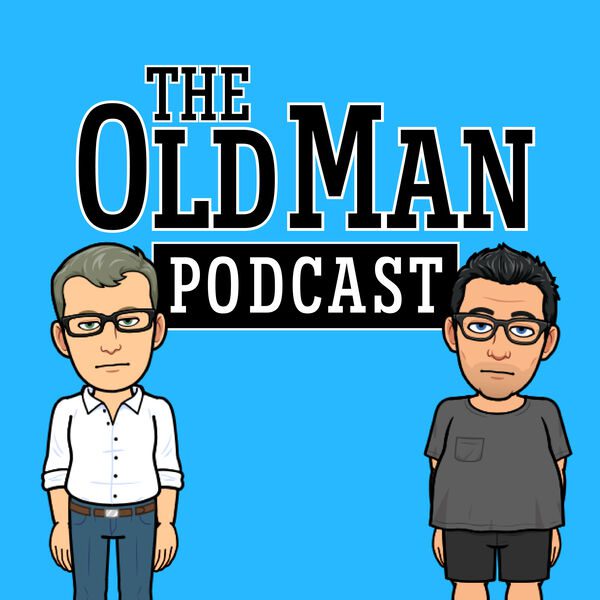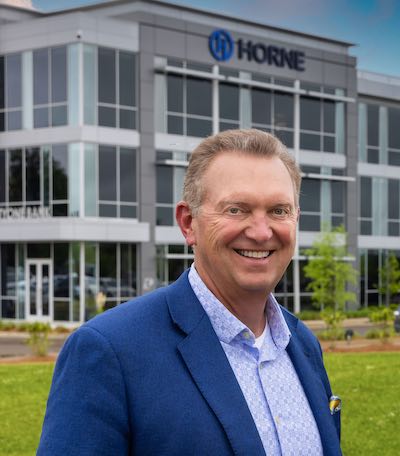Keeping them Safe: Critical Wandering and Elopement

Roaming. Wandering. Critical Wandering. Elopement. These words, while similar, describe distinct behaviors or situations familiar to those living with or caring for someone with Dementia. From low risk to the threat of death, these behaviors cause concern and can lead to crisis.
When disease processes result in cognitive impairment, several regions of the brain and their associated functions are impacted. Functions important to the discussion of critical wandering include:
· Orientation in time and space
· Short term memory
· Wayfinding
· Impaired judgement
· Interpretation of images
· Language
· Coordination
Impairment in these functional areas not only complicate activities of daily living (ADLs), they set the stage for changing emotional states from withdrawal and Depression to frustration and rage. In combination, the impairment and resulting emotions can drive behaviors such as pacing, repetitive movements, routine walking patterns, and other compulsive behaviors.
As Dementia symptoms progress, harmless wandering can become dangerous as individuals attempt to escape a care setting. The act of exiting a Caregiving environment without detection is an elopement. Once caregivers become aware that an individual with Dementia cannot be located, it is labeled a critical wandering event since the person is vulnerable and exposed to danger.1 Here at Dementia Society of America (DSA), we wanted to know- how common are critical wandering events and how frequent are negative outcomes?
Because caregivers often find their loved one with Dementia before negative outcomes occur, most critical wandering events go unreported. Those that are reported are generally not consolidated into a central data repository for analysis. Most statistics are scattered throughout thousands of local police departments across the county. Understanding the scope and outcomes of critical wandering is even more difficult since when deaths do occur, they are attributed to the specific cause of death – e.g. hypothermia – rather than the elopement preceding the cold exposure.
Given these limitations, we examined academic research, the FBI’s missing persons database, and several state Silver Alert statistics. We project that each year in the United States 198,000 critical wandering events involving persons living with Dementia.
Of these, nearly 1 in 3, approximately 63,000 mothers, fathers, sisters, or brothers do not return. If not found within 24 hours, the likelihood of a fatality reaches 46% in a mild environment.2 However, where terrain and climate are hostile to Travel on foot the proportion of fatalities is much higher.
When a loved one with Dementia goes missing, the Trauma from Anxiety, fear, regret, and remorse, can emotionally scar a caregiver. This can be a tragic event for people living with Dementia and those who love them. Part of the solution is to understand why they are driven to leave, how to lessen that behavior, and be prepared for the unfortunate situation should an elopement take place.
The Dementia Society offers a no-cost medical ID and online profile to people at risk for critical wandering- Operation KeepSafeiD™. We highlight the problem of elopement alongside tools like the KeepSafeiD™, for preventing and mitigating negative outcomes of such events. We hope you’ll learn and share the information with enthusiasm and urgency similar to that with which we deliver it to you.
1 Gina Petonito, et al. January 2012. Programs to Locate Missing and Critically Wandering Elders: A Critical Review and a Call for Multiphasic Evaluation. The Gerontologist Vol. 53, No. 1, 17-25. Accessed from: https://academic.oup.com/gerontologist/article/53/1/17/614737
2 Koester, Robert J. (1998) The Lost Alzheimer’s and Related Disorders Search Subject: New Research & Perspectives. Accessed June 15, 2021, from https://www.dbs-sar.com/SAR_Research/lost_alzheimer.htm.
Contributor: Karen R. Ogden, team member, Dementia Society of America.
The opinions expressed by contributing authors are not necessarily the opinions of the Dementia Society, Inc. We do not endorse nor guarantee products, comments, suggestions, links, or other forms of content contained within blog posts that have been provided to us with permission, or otherwise. Dementia Society does not provide medical advice. Please consult your doctor. www.DementiaSociety.org























